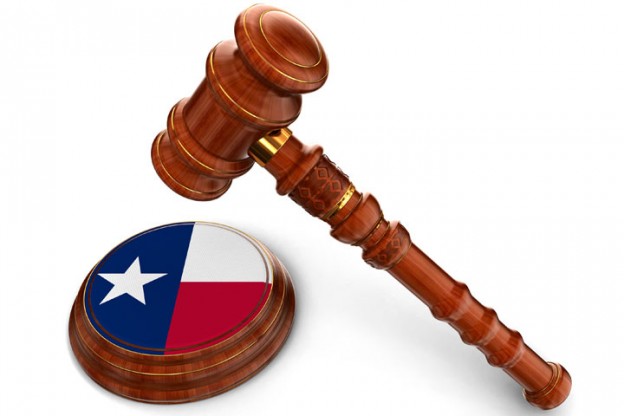The Texas Court of Criminal Appeals has reinstated the sexual assault conviction of former Baylor University football player Sam Ukwuachu after dismissing claims that defense witnesses had been improperly impeached by false evidence.
The Crime
In October 2013, a female Baylor University student-athlete alleged that Sam Ukwuachu raped her at his Waco apartment. The victim alleged that Ukwuachu took her to his apartment following a homecoming party and forced himself on her. The following day, she went to the hospital and had a rape examination. Her injuries were consistent with sexual assault.
In June 2014, Ukwuachu was indicted on two felony charges. Following a trial, he was convicted of one count of sexual assault. In 2015, Ukwuachu was sentenced to ten years of felony probation, 180 days in county jail, and 400 hours of community service.
First Appeal
Ukwuachu appealed his case. Waco’s 10th District Court of Appeals overturned his conviction because the trial court had not allowed in some text messages that could have shown that the sex was consensual. However, the Texas Court of Criminal Appeals reversed the lower appeals court and reinstated the conviction. The ruling allowed Ukwuachu to continue to appeal his case, but not on the text messaging issue.
Second Appeal
Ukwuachu appealed his conviction a second time. This time, his lawyers argued that prosecutors had improperly used cell phone record evidence to impeach two defense witnesses, which was a violation of Ukwuachu’s due process rights.
At trial, prosecutors had presented cell phone records with time and data location that showed that Ukwuachu’s roommate was across town at the time of the alleged assault, rather than in their apartment. Because the phone records were shown in UTC (Coordinated Universal Time), which was five hours different from local time, Ukwuachu claimed that the records could not show that his roommate’s testimony was not true. The trial court did not allow the admission of the phone records but allowed prosecutors to ask questions about making phone calls.
At a motion for a new trial hearing, Ukwuachu presented an affidavit from an expert in computer forensics that opined “that it was impossible to accurately verify location data solely from the records without additional review by an expert, that the latitude and longitude given on this type phone records was rarely precisely accurate, and that it would take many hours for an expert to accurately provide the location of where an individual was when a call was made.”
Waco’s 10th Court of Appeals agreed with Ukwuachu’s arguments and reversed his conviction.
The Texas Court of Criminal Appeals reversed the decision of the lower court. The court ruled, “The phone records at issue were never admitted into evidence nor made part of the record. Further, no expert testimony was introduced to establish that the state misled the jury regarding any particular information shown in the records. Without these phone records or such expert testimony, Appellant cannot prove that the state actually elicited witness testimony that conflicted with the substance of those records.”
The court remanded the case to Waco’s 10th Court of Appeals for consideration of the remaining appeal issues.




